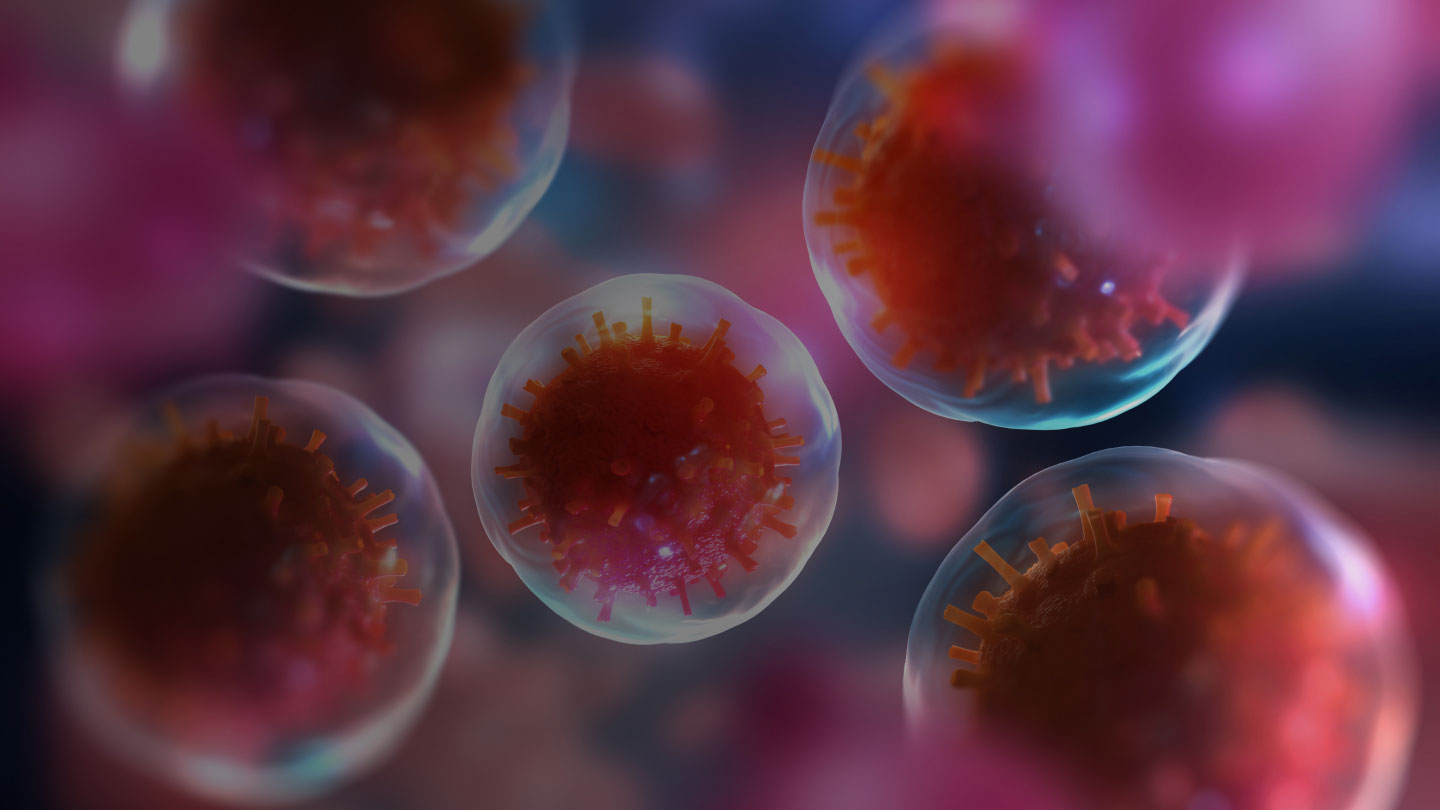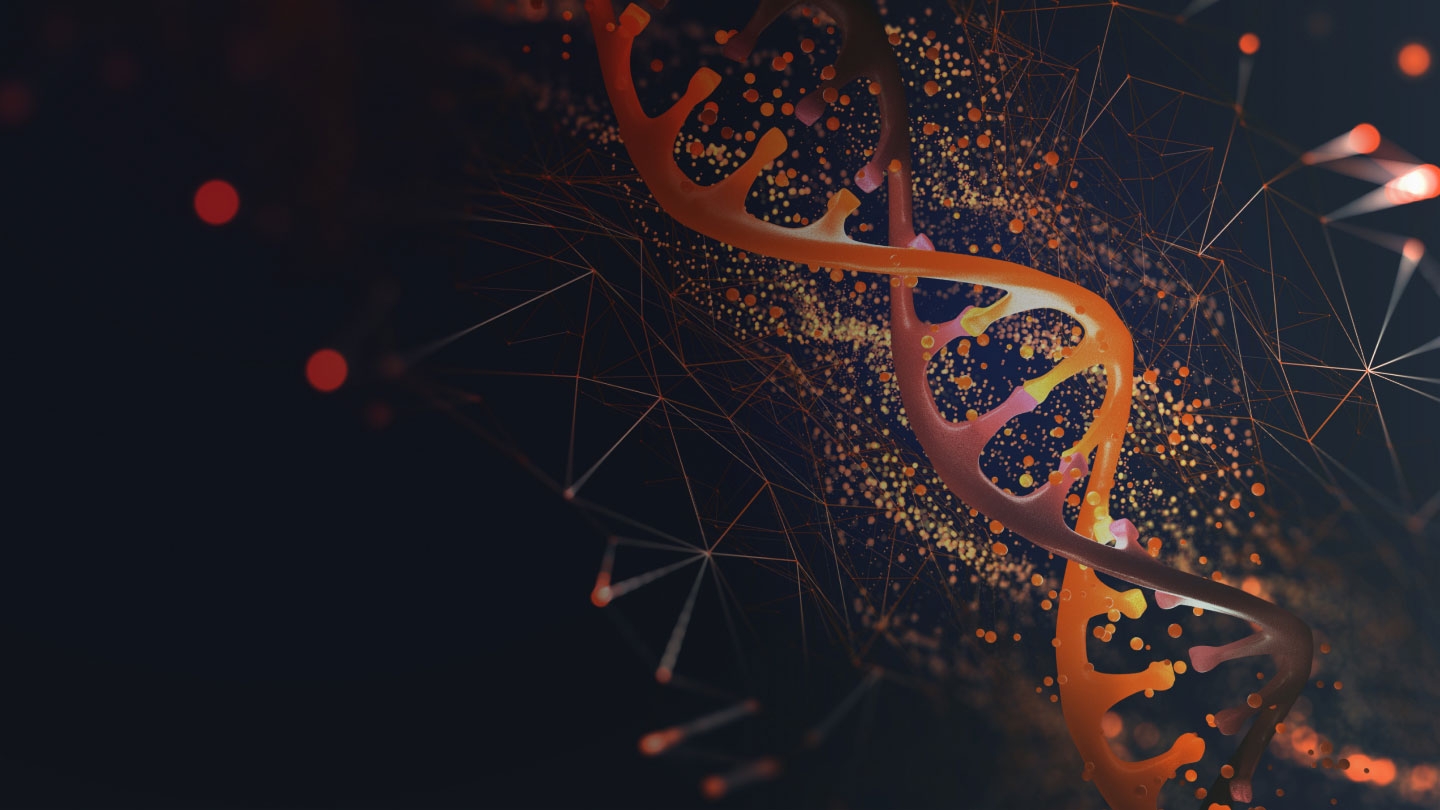Both Aengus Tran’s parents were renowned maths teachers and his father wrote the maths textbook that was used for the national curriculum in Vietnam. So it should come as no surprise that Aengus and his older brother Dimitry should excel at mathematics at their school in Ho Chi Minh City.
“Our father had quite high expectations for us,” admits Aengus. “From a young age he encouraged us, not only in maths, but in computer science. My Dad was teaching us programming from a very young age.”
In 2003 Dimitry moved to Australia to pursue his studies. Aengus followed several years later when he turned 16. He attended Sydney Secondary College at Blackwattle Bay, before enrolling at the University of New South Wales (UNSW) to study medicine.
“The first thing that struck me was how diverse Australia is compared to Vietnam,” said Aengus. “Where I grew up everyone looked like me and had a similar background, Australia gave me a different perspective. Now I recognise Sydney as my home. When I go back to Vietnam I feel like I’m visiting.”

During his medical training Aengus became fascinated with cardiology, even becoming president of the university’s Cardiothoracic Society, a student body organisation. It was whilst on a trip back to Vietnam he did a placement in the Cardiac Centre at the Tam Duc Hospital.
“It was here I noticed that the advanced medicine I was learning in Sydney just didn’t match up with the reality I was seeing in Vietnam,” he says. “I thought that medicine was like the TV shows House, or Grey’s Anatomy, where you have these heroic doctors doing detective work solving difficult diagnoses. But when I saw medicine in Vietnam I realised it’s not really about that at all. In fact, most patients tend to have very obvious, mundane illnesses. The main challenge isn’t diagnosis. It’s that the hospitals simply don’t have enough human or physical resources to effectively manage and prevent disease.”
This was an epiphany for Aengus. He came to the conclusion that the last thing medicine needed was another brilliant cardiac surgeon. What it needed was the ability to scale. As he progressed through his degree at UNSW Aengus dared to dream big. This dream set him on a pathway to revolutionise medical practice.
“I decided what the world needs from me is to be able to create a set of technologies that can scale medicine. And that technology is artificial intelligence.”

Aengus and his brother Dimitry launched harrison.ai in 2018. Within three years they had developed two products in the field of radiology; one a chest X-Ray support tool, and the other – CT Brain – a support tool for brain scans. Both were driven by a scarcity of radiologists; in some cases, such as the UK, up to a 40 percent shortage.
“Imagine going to work and you’re short one in every three or four team members,” says Aengus. “The clinicians are doing heroic work just to keep the population healthy. If you have a chest X-Ray in a community clinic, you will potentially face a very long and anxious wait for the results because there are just not enough radiologists to read the results. And yet that scan may indicate a life-threatening illness where time is crucial.
“Also, radiologists are working faster than ever before. In the past they used to spend maybe 5-10 minutes per scan. Now they are spending seconds because of their workload, resulting in less accurate results.”
The AI developed by harrison.ai can look at the scans and within a few seconds detect 124 different findings on a chest X Ray and 130 findings using CT Brain.
“This allows us to triage and identify cases that contain the most critical findings and then put those on the very top of the work list for the radiologist. This means that clinicians will spend most of their energy on cases that are important rather than cases that perhaps can wait a little longer. The AI is a second pair of eyes, so they don’t miss an important find.”

According to Aengus, the radiologists have welcomed the new technology, making their job more efficient and more accurate.
Recently, harrison.ai announced a new venture, Franklin.ai, in partnership with Sonic Health. Franklin.ai will use the same clever artificial intelligence and machine learning that it has developed and apply it to the field of pathology.
“For me the really exciting part is being able to create this incredible technology. And that once it is made, it cannot be unmade. We will have opened up a whole new paradigm where medicine is going to be infinitely scalable beyond how many doctors you can train at a university. ”
Aengus says his dream is for this technology to touch millions of lives across the globe, and ensure that everyone can access the same high quality healthcare.
“All of us here at harrison.ai want to be able to help in the care of a million patients every single day through the collective reach of all the solutions we have built. What a legacy. What a better way to leave the world!”
Subscribe below to be the first to hear about the latest news, events & podcasts from the world of harrison.ai.










